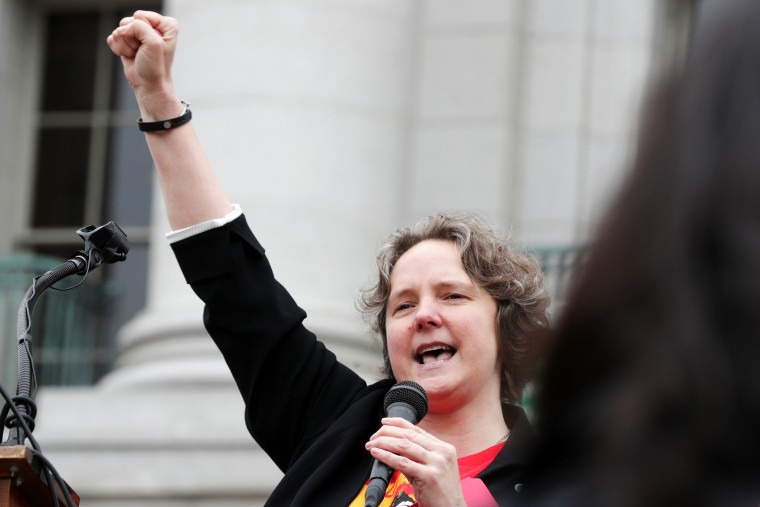In an effort to combat the relentless beast of poverty, numerous cities worldwide are embracing free cash programs. This innovative approach aims to cushion the financial hardships faced by low-income households, becoming a revolutionary pillar of the anti-poverty safety net. Amid past and ongoing economic crises, these initiatives provide a lifeline for those teetering on the edge of financial ruin, marking a crucial turning point in the global fight against impoverishment.
Albeit controversial, the launching of free cash programs underscores a paradigm shift in the traditional approach to tackling poverty. These initiatives depart from the old strategy of offering in-kind assistance such as food stamps, subsidized housing, or fuel. Instead, they promote what is commonly referred to as Universal Basic Income (UBI). This method endorses providing individuals with unconditional cash transfers, empowering them to make decisions about their financial welfare.
Although the concept of UBI has been floating around for a several decades, it has recently gained a massive surge of support. Even tech moguls like Mark Zuckerberg of Facebook and Elon Musk of Tesla have publicly backed this idea. Their endorsement points to a growing understanding that a well-implemented basic income guarantee could be a game-changer in dismantling the systemic barriers that trap people in poverty.
One notable real-world experiment in free cash assistance is the Stockton Economic Empowerment Demonstration (SEED) that started in Stockton, California. Launched in February 2019, the program initially offered 125 residents $500 monthly with no strings attached. An evaluation of SEED’s early results indicated several beneficial outcomes. Notably, recipients were able to secure full-time employment at more than twice the rate compared to a control group. Recipients were also less likely to experience income volatility month-to-month and reported improved mental health results.
Responding to these promising results and the daunting challenges of the COVID-19 pandemic, similar initiatives have sprouted in numerous other cities across the United States. The Mayors for a Guaranteed Income network, forged in June 2020, now includes nearly 30 cities committed to launching their pilot programs. Among them are St. Paul in Minnesota, Newark in New Jersey, and Pittsburgh in Pennsylvania, all aiming to mimic the success of Stockton. Some of these programs are specifically targeted at marginalized groups, including Black and Native American communities often disproportionately impacted by poverty.
Apart from the US, other countries are also testing the waters of the UBI approach. Spain, for instance, launched a nationwide minimum income program in 2020, supplementing the income of the noblest households. In Kenya, an ambitious 12-year cash transfer program has been running since 2011, demonstrating significant improvements in beneficiaries’ mental health and life satisfaction.
Critics of free cash programs often raise concerns about the potential disincentive to work that these programs might create. However, the emerging evidence from these cash transfer experiments suggests otherwise. Besides, welfare programs that restrict autonomy and choice can often disempower individuals, exacerbating the cycle of poverty in the long run.
Reimagining traditional anti-poverty measures through the lens of these programs unfolds a more humanized and compassionate approach to social and economic policy-making. Free cash programs are not just a financial lifeline; they embody a belief in the individual’s capacity to make the best decisions about their lives.
By trusting people with an unconditional basic income, we enable them to secure their basic needs, enhance their quality of life, and eventually break free from the shackles of poverty. As more cities around the globe adopt this initiative, they undoubtedly contribute to crafting a more equitable and inclusive world.
